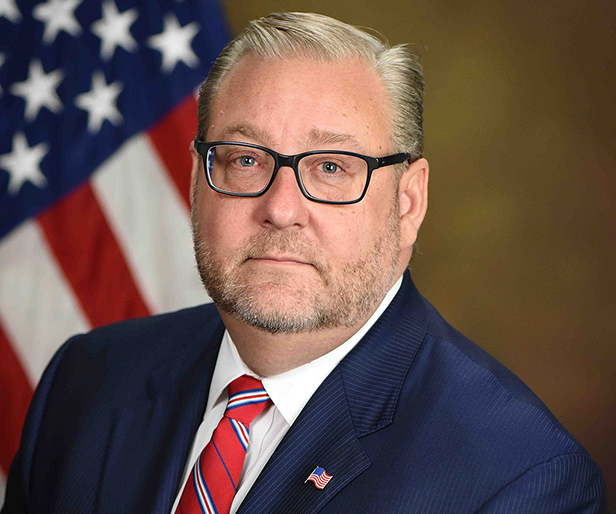News May 20, 2020
Reality Star, Engineer Accused of PPP Fraud
The charges are another indication that authorities are serious about cracking down on fraud related to the Paycheck Protection Program.
A reality television personality and an engineer from Texas are among the latest people federal authorities have accused of fraud related to the Paycheck Protection Program (PPP).
A star on the show Love & Hip Hop: Atlanta, Maurice Fayne, aka Arkansas Mo, 37, of Dacula, GA stands accused of bank fraud over a PPP loan he obtained in connection with a company called Flame Trucking.
Maurice Fayne, aka “Arkansas Mo”
“The defendant allegedly stole money meant to assist hard-hit employees and businesses during these difficult times, and instead greedily used the money to bankroll his lavish purchases of jewelry and other personal items,” said Assistant Attorney General Brian A. Benczkowski of the U.S. Justice Department’s Criminal Division. “The department will remain steadfast in our efforts to root out and prosecute frauds against the Paycheck Protection Program.”
Federal authorities say Fayne obtained a PPP-backed loan of more than $2 million from United Community Bank to support payroll expenses at a 107-employee strong business he said he owns – Flame Trucking. Fayne certified that the loan proceeds would be used to “retain workers and maintain payroll or make mortgage interest payments, lease payments and utility payments.”

Brian A. Benczkowski of the U.S. Justice Department’s Criminal Division
Within days, however, Fayne spent more than $1.5 million of the PPP loan on personal expenses that included child support, a 2019 Rolls-Royce Wraith, and jewelry such as a Rolex Presidential watch, a diamond bracelet and a 5.73 carat diamond ring, authorities maintain.
Elsewhere, engineer Shashank Rai, 30, of Beaumont, TX stands accused of filing bank loan applications that sought about $13 million in forgivable PPP loans from two different banks. Charged in the federal court system’s Eastern District of Texas, Rai claimed to have 250 employees earning wages when, in fact, no employees worked for his purported business, authorities assert.
Now, Rai faces charges of wire fraud, bank fraud, making false statements to a financial institution, and making false statements to the U.S. Small Business Administration.
“The behavior in this case was very brazen,” said U.S. Attorney Joseph D. Brown of the Eastern District of Texas. “Those who submit these applications for loans or other assistance need to understand that there are people checking on the representations made, and those representations are made under oath and subject to the penalties of perjury. Federal agencies are watching for fraud, and people who lie and try to cheat the system are going to be caught and prosecuted.”
Court documents say Rai lodged fraudulent PPP claims with two different lenders. In one application, he claimed to have 250 employees and asked for $10 million in PPP loans to cover a purported monthly payroll of $4 million. In the second application, he again claimed to have 250 employees and asked for PPP funds of $3 million to help cover monthly payroll of $1.2 million.
An investigation revealed that the Texas Workforce Commission had no record of Rai or his supposed business, Rai Family LLC, paying any wages in 2020. Furthermore, records showed that Rai Family LLC reported no revenues for the quarter of 2019 and the first quarter of 2020.
In early May, two New England men became the first people in the United States to be charged with attempting to defraud the Paycheck Protection Program.
On March 29, the Coronavirus Aid, Relief, and Economic Security Act (CARES Act) went into effect. It’s a federal law that provides for emergency financial assistance to the tens of millions of Americans trying to survive the economic devastation wrought by shutdown measures tied to the coronavirus pandemic. Initially, the CARES Act included $349 billion in forgivable loans to small businesses to help with job retention and other expenses, through the PPP. The funds quickly ran dry. In April, Congress approved an additional $310 billion in PPP funding.
Authorities are considering certain revisions and extensions to the PPP.
